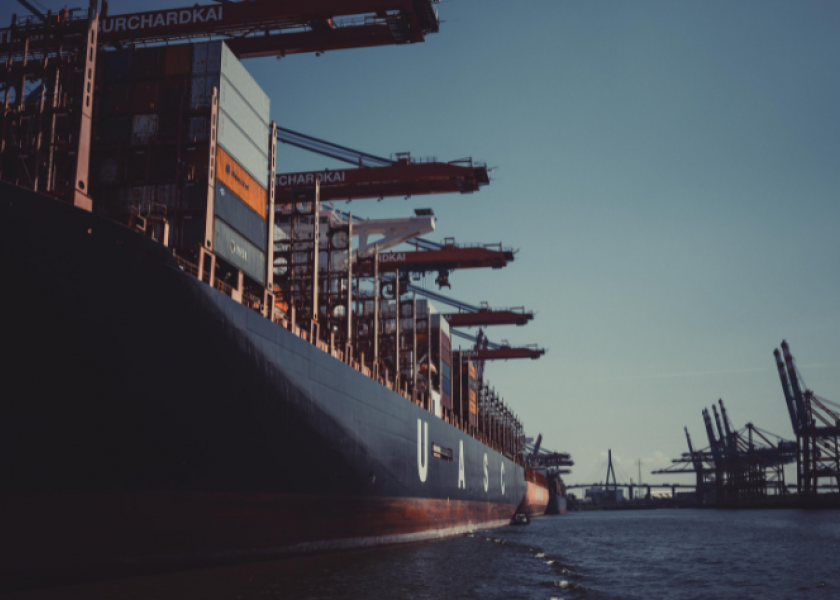Russia Sparks New Trouble in Grain and Oil Exports

Russian President Vladimir Putin appeared to threaten a deal allowing Ukraine’s grain exports to resume via the Black Sea. The news caused wheat prices to surge overnight.
Addressing the Eastern Economic Forum in Vladivostok, Putin claimed that “practically all” of Ukraine’s grain exports were being sent to the EU, rather than the poorest countries.
“I met with the leaders of the African Union, with the leaders of African countries, and promised them that we would do everything to ensure their interests and facilitate the export of Ukrainian grain,” Putin was quoted as saying. “We are honoring the agreements. (but) it turns out… that they (the West) have just royally screwed us over and not just us but the poorest countries whose interest were the pretext of doing all this.”
Putin said he now wants to renegotiate the deal, raising concerns the pact may not be able to last.
Russia on Fertilizer
Putin also said some restrictions on Russia’s fertilizer exports had been eased, but “clever sanctions” were still complicating Russian trade.
“There are no direct sanctions against products, but there are restrictions related to logistics, freight, payments and insurance. Many of these elements of restrictions remain,” Putin said.
Roadblocks on Russian trade doesn't stop at fertilizer.
Price Caps on Russian Oil
U.S. wants a $44 per barrel cap on Russian oil prices under the agreement reached by G7 countries last week, according to U.S. Deputy Secretary of the Treasury Adewale Adeyemo, referencing the level signaled by Russia as its cost of production.
“We’re not going to set that price below Russia’s price of production,” he said, indicating the level would still encourage Russian production but not allow them to gain benefits from market turmoil. “The goal will be of our policy to try and drive down their revenues while keeping, allowing them to continue to flow energy out of Russia,” Adeyemo said.
Details of the plan are to be made by the G7 countries that agreed to the plan. The G7 price cap is entering into effect on Dec. 5 for crude oil and on Feb. 5, pending the finalization of the price caps "based on a range of technical inputs.”
Russia Fights Back
Russia stated last week that it would not sell oil to countries with a price cap in place.
Also, naysayers note the price cap coalition is simply not broad enough to make the cap work. The coalition, despite the G7’s best efforts, does not include either China or India — Russia’s two biggest oil clients.
Meanwhile, Japan, would be hard pressed to enforce the price cap, given its dependence on any and all sorts of energy imports. It was not a surprise that while Japan’s finance minister Shinuchi Suzuki celebrated the G7 decision, oil from Sakhalin-2, the Russian project, which is exported to Japan, will be excluded from the price cap.
According to Yale professors Jeffrey Sonnenfeld and Steven Tian, a price cap on Russian oil will work.
More on trade:
3 Supply Chain Trends to Look Out for in 2023, According To AEM
New Information Shows the War in Ukraine Could Have Been Prevented
Ukraine Successfully Shipped Some Grain Out This Week, But Could Now Face a Bigger Challenge







